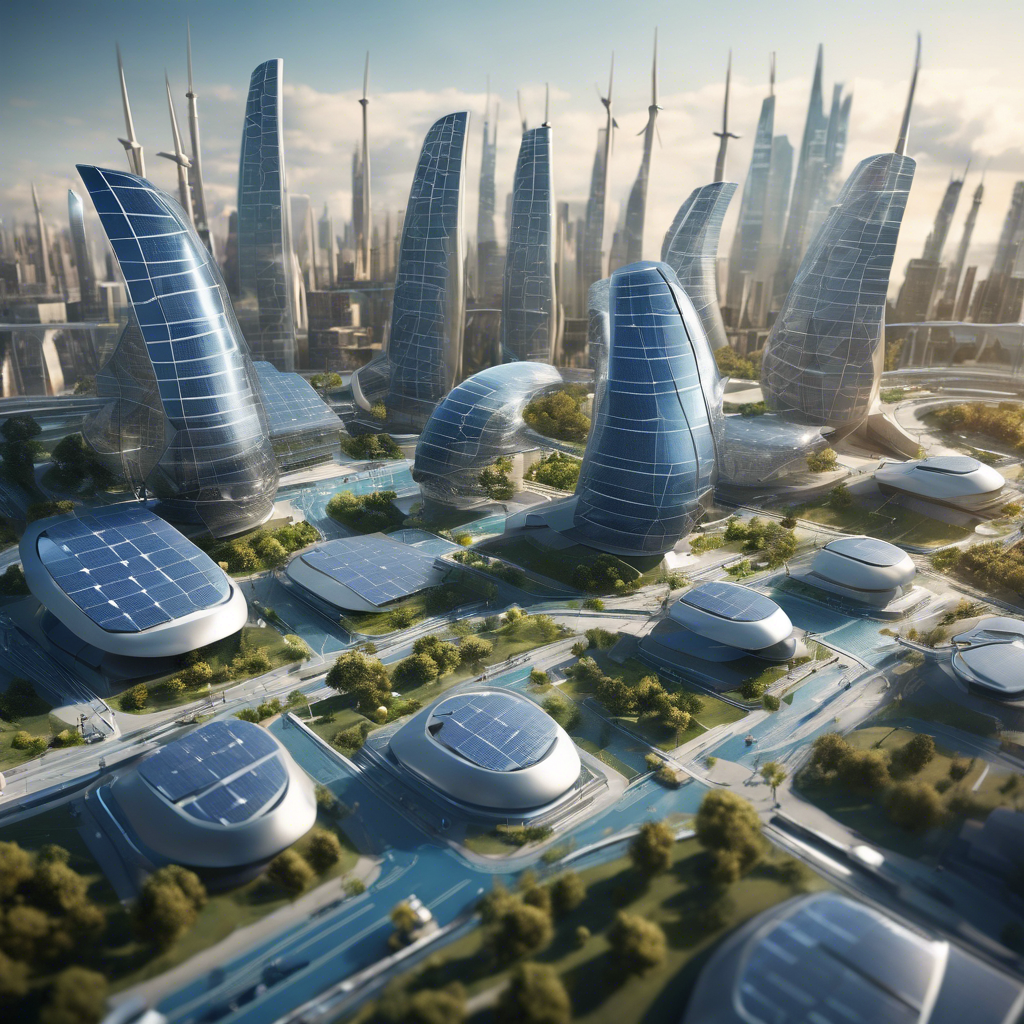
The rapid advancement of artificial intelligence is adding a new dimension to global energy concerns, with these powerful models demanding exponentially more resources than their predecessors. Tech firms, in collaboration with governments, are now eyeing an energy revolution to sustain the booming AI development. At the heart of this revolution lies the increasing embracement of nuclear energy, with many AI leaders rallying around it as a promising solution to mitigate the strain on power grids worldwide. As AI systems become more sophisticated, their energy consumption skyrockets, compelling tech giants like Google, Meta, and Microsoft to pioneer alternative energy investments to keep pace with their ambitious net-zero emission goals. By 2030, many of these leading companies aim to achieve groundbreaking environmental goals, incorporating nuclear energy as a vital component of their strategies.
The need for innovations in energy solutions is a pressing issue, as underscored by Mark Zuckerberg, CEO of Meta. He famously stated that “Energy, not compute, will be the No. 1 bottleneck to AI progress,” highlighting the paradoxical nature of AI's potential and its environmental costs. Meta’s large language model, Llama, exemplifies the heavy energy demands of AI—using significant energy and water resources. In this high-energy consuming context, Nvidia's recent advancements become especially notable. Nvidia, now among the world’s most valuable companies, has pushed for greater energy efficiency, particularly with the unveiling of its next-gen AI chip, Blackwell, which is marketed as being faster and significantly more power-efficient than its predecessor, Hopper.
The conversation doesn't end with efficiency improvements. Nvidia's CEO, Jensen Huang, emphasizes the strategic importance of allocating substantial energy to AI development as a long-term investment. He envisions AI going beyond training to achieve efficient inference—applying learned knowledge to new situations to deliver beneficial outcomes for energy conservation and emission reductions. Such advancements could lead to AI innovations in carbon dioxide storage, wind turbine design, and the development of new materials for solar panels and electricity storage. In this narrative, AI not only demands energy but also solutions to aid in the broader goal of tackling climate change.
As we turn our gaze to nuclear energy, it becomes apparent why proponents from the tech industry and government sectors view it as a pivotal facet of energy transformation. OpenAI CEO Sam Altman is one vocal advocate, arguing the urgent need for breakthroughs in energy solutions and placing his bets on nuclear advancements. His investments in nuclear fusion and reactor innovations signal a rising tide of optimism towards nuclear technologies as instrumental in addressing AI's energy quandaries. Moreover, governmental support, as observed in President Joe Biden's announcement to fund next-generation nuclear technologies, plays a crucial role in propelling this shift. Such policies attempt to remove hurdles like slow nuclear licensing and grid access—key obstacles in realizing the full potential of nuclear energy.
Though challenges remain, AI's soaring energy consumption is undeniable. With AI models like OpenAI’s ChatGPT using staggering amounts of electricity, the urgency to find sustainable energy sources amplifies. A McKinsey report projects that data centers, fundamental for AI model operations, could constitute up to 12% of US power demand by 2030. This stark forecast further stresses the need for a timely transition to accommodate energy needs without compromising environmental integrity. Embracing innovations in nuclear energy and enhancing AI efficiency could better align technological progress with sustainable practices, paving the way for a future where AI and clean energy harmoniously coexist.
#AIRevolution #NuclearEnergy #SustainableTech #GreenAI #EnergyEfficiency #NetZeroGoals #TechForGood


